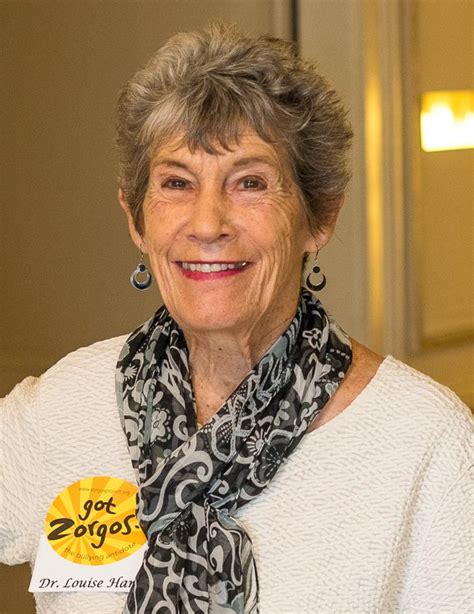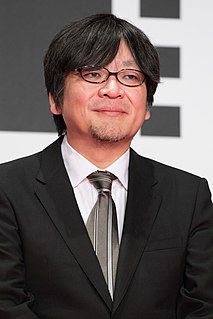A Quote by Peter York
Successive generations of middle-class parents used to foist their own favourite books on their children. But some time in the late Eighties it began to wane - not because children had lost interest in adorable animals but because most of it was available on useful, pacifying video.
Related Quotes
I wondered if parents had an easier time with the secrets their children kept than children did with the secrets of their parents. A parent's secrets seemed like some sort of betrayal, where my own just seemed like a fact of life and growing up and away. I was supposed to be independent, but he was supposed to be available. Him having his own life seemed selfish, where me having my own was the right order of things.
Children grow rapidly, forget the centuries-long embrace from their parents, which to them lasted but seconds. Children become adults, live far from their parents, live their own houses, learn ways of their own, suffer pain, grow old. Children curse their parents for their wrinkled skin and hoarse voices. Those now old children also want to stop time, but at another time. They want to freeze their own children at the center of time.
It is misleading to discuss recent changes in family life without emphasizing the fact that for generations some Americans have had to raise children under particularly appalling pressures. Although much of what is worrying American parents is shared by them all, the most grievous problems are those that especially afflict a large minority--the poor, the nonwhite and, in various ways, the parents of handicapped children.
Parents are with their children almost constantly and can observe when they are ready to be instructed. From questions or behavior or because of experiences in their own lives, they can sense that it is time to teach. Parents must know when the time for the lesson is now, right now, for their children are ready for it.
Before I had my first child, I never really looked forward in anticipation to the future. As I watched my son grow and learn, I began to imagine the world this generation of children would live in. I thought of the children they would have, and of their children. I felt connected to life both before my time and beyond it. Children are our link to future generations that we will never see.
The next step is for the great teachers to arise, and for them to clearly understand the challenges ahead and mentor accordingly. Where most generations focus the education of their children on preparing to make a living or succeed financially, leadership generations are taught by parents who see a higher role for their children.
My daughter is seven, and some of the other second-grade parents complain that their children don't read for pleasure. When I visit their homes, the children's rooms are crammed with expensive books, but the parent's rooms are empty. Those children do not see their parents reading, as I did every day of my childhood. By contrast, when I walk into an apartment with books on the shelves, books on the bedside tables, books on the floor, and books on the toilet tank, then I know what I would see if I opened the door that says 'PRIVATE--GROWNUPS KEEP OUT': a child sprawled on the bed, reading.
God is not calling us to win the world and, in the process, lose our families. But I have known those who so enshrined family life and were so protective of "quality time" that the children never saw in their parents the kind of consuming love that made their parent's faith attractive to them. Some have lost their children, note because they weren't at their soccer games or didn't take family vacations, but because they never transmitted a loyalty to Jesus that went deep enough to interrupt personal preferences.
A large animal needs a large area. If you protect that area, you're also protecting thousands of other plants and animals. You're saving all these species that future generations will want - you're saving the world for your children and your children's children. . . . The destruction of species is final. If you lose a species, you lose the genes, you lose all the potential drugs and potential foods that could be useful to the next generations. The ecosystems will not function as they have.

































